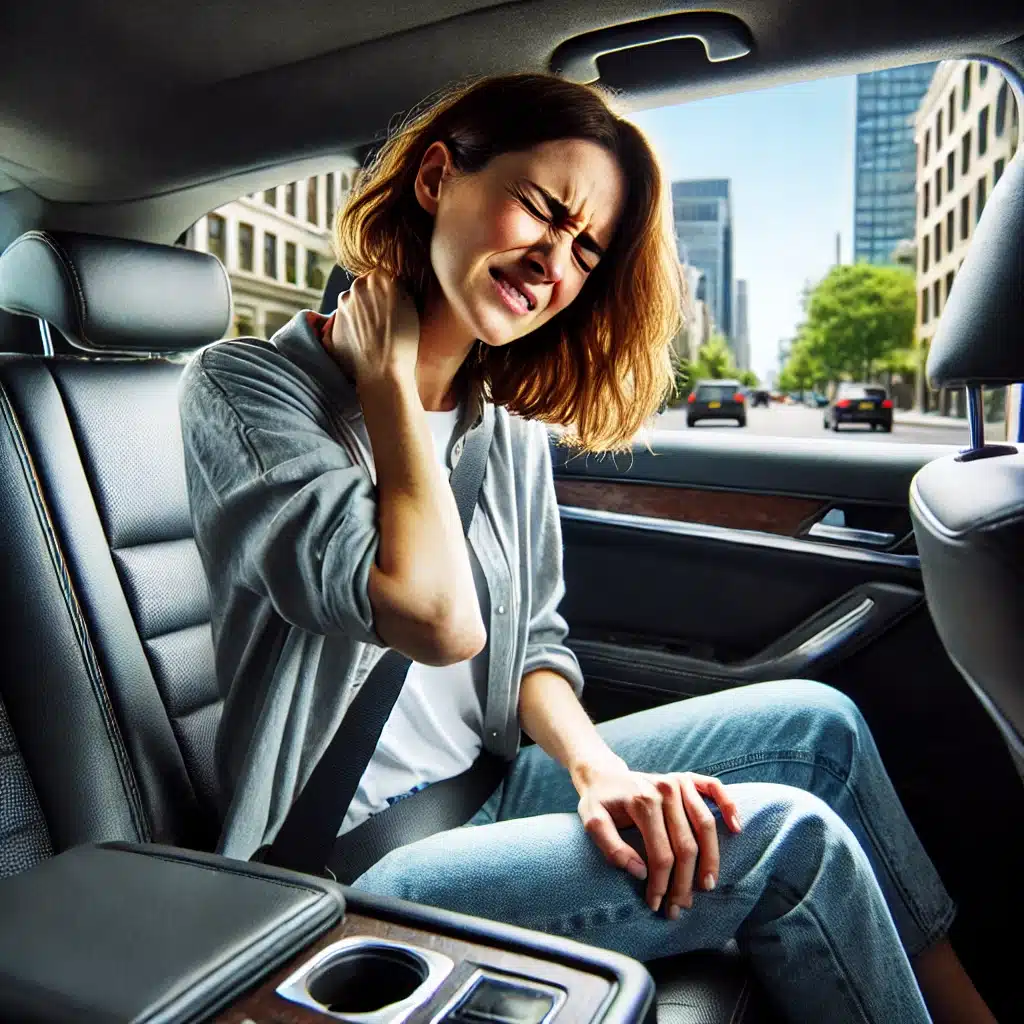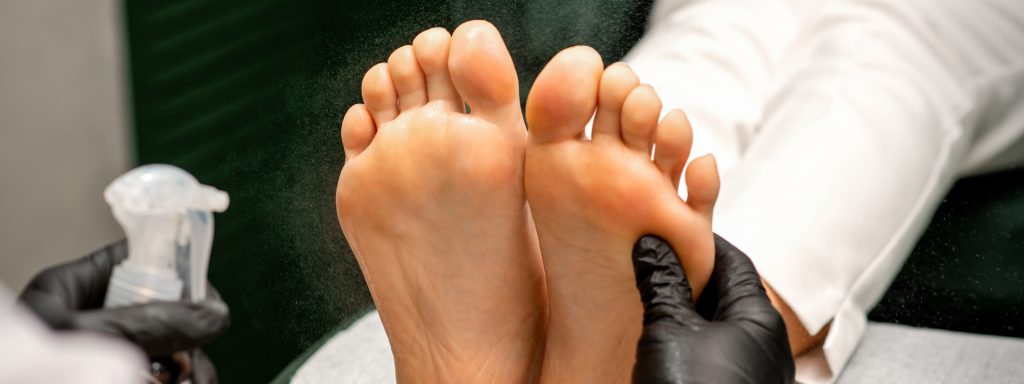Can You Sue Uber for Whiplash After an Accident?
Ridesharing services like Uber have revolutionized road travel, offering convenience and accessibility at the tap of a button. However, as with any mode of transportation, accidents can happen. If you’ve suffered whiplash because of an Uber accident, you might be wondering about your legal rights and options. Can you sue Uber for your injuries? It’s vital to understand the complexities of ridesharing liability and personal injury claims when navigating this situation.
What is Whiplash?
Whiplash is a common neck injury that occurs when the head is suddenly jerked backward and then forward, causing strain on the muscles and ligaments in the neck and back. Symptoms of whiplash can include neck and back pain, stiffness, headaches, and dizziness, and they often do not appear immediately after the accident. Whiplash can range from mild discomfort to severe, long-term pain and disability, making it essential to seek medical attention promptly if you suspect you’ve sustained this injury.
How Do You Determine Liability in an Uber Accident?
Liability in an Uber accident can be complex due to the involvement of multiple parties, including the Uber driver, Uber as a company, and other potential drivers. Here are the key factors to consider:
- Uber Driver’s Role: If the Uber driver was at fault for the accident, they might be personally liable for your injuries. However, Uber maintains insurance policies that provide coverage in certain situations.
- Uber’s Insurance Policy: Uber provides a $1 million liability insurance policy for accidents that occur while a driver is actively carrying passengers or on the way to pick up a passenger. This policy can cover bodily injury, including whiplash, but only under specific conditions.
- Third-Party Liability: If another driver caused the accident, their insurance might be responsible for your injuries. In such cases, your claim would be directed at the at-fault driver’s insurance company.
In certain circumstances, you might be able to sue Uber directly for your whiplash injury. This typically involves proving that Uber was negligent in some capacity, such as failing to adequately screen or train their drivers. However, these cases can be challenging due to Uber’s classification of drivers as independent contractors rather than employees, which limits the company’s liability.
What Steps Should You Take After Being Involved in an Uber Accident?
Regardless of who is considered liable, if you’ve been involved in an Uber accident and suspect you have whiplash, taking the following steps can help protect your rights and strengthen your case:
- Seek Medical Attention: Whiplash symptoms can be delayed, so it’s crucial to get a medical evaluation as soon as possible. Keep all medical records and follow your doctor’s recommendations for treatment.
- Document the Accident: Gather as much information as possible at the scene of the accident. This includes taking photos, getting contact information from witnesses, and noting any details about the accident such as the time, location, and weather conditions.
- Report the Accident to Uber: Use the Uber app to report the accident. Uber will initiate an investigation and may provide instructions for further steps.
- Contact a Personal Injury Attorney: An experienced attorney can help you navigate the complexities of a rideshare accident claim. They can advise you on the best course of action, whether it’s negotiating with insurance companies or pursuing a lawsuit.
When To Seek Legal Guidance For Your Rideshare Accident
Navigating the aftermath of an Uber accident can be overwhelmingly difficult, especially when dealing with injuries like whiplash. Understanding your rights and options is crucial in ensuring you receive the compensation you deserve.
At RTRLAW, our experienced rideshare accident attorneys are dedicated to helping you through every step of your claim. If you have any questions or need assistance with your Uber accident claim, contact us today for a free consultation at 1-833-HIRE-RTR. We are here to help you protect your rights and secure the compensation you need for a full recovery.


 CALL US NOW
CALL US NOW TEXT US NOW
TEXT US NOW



























